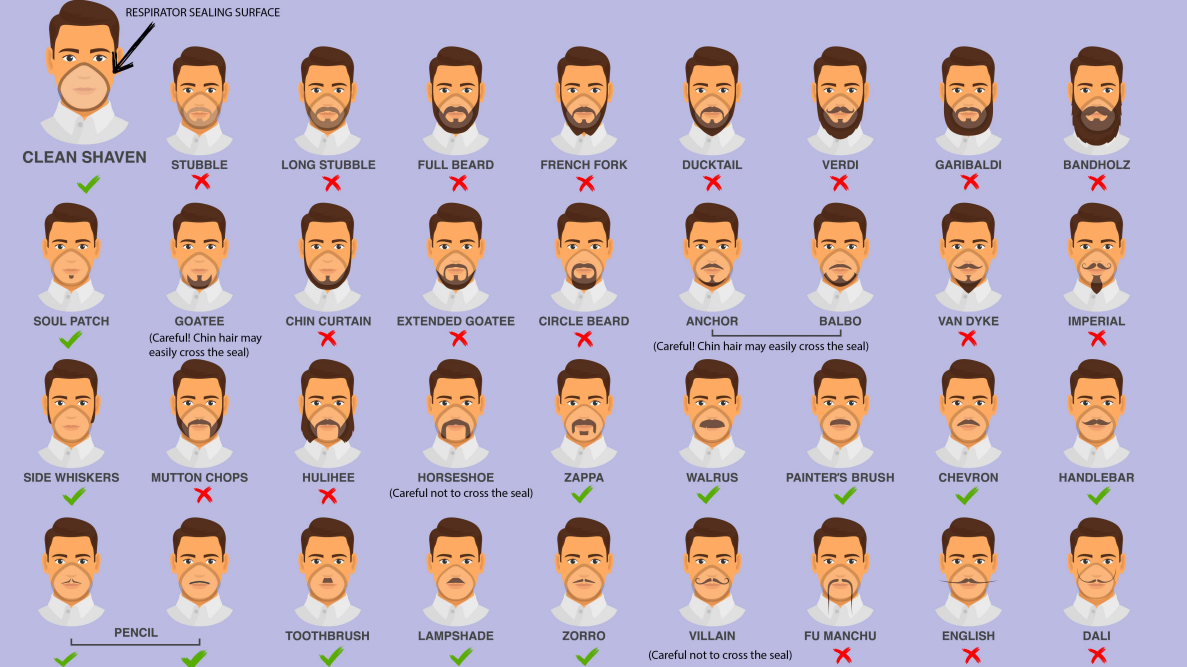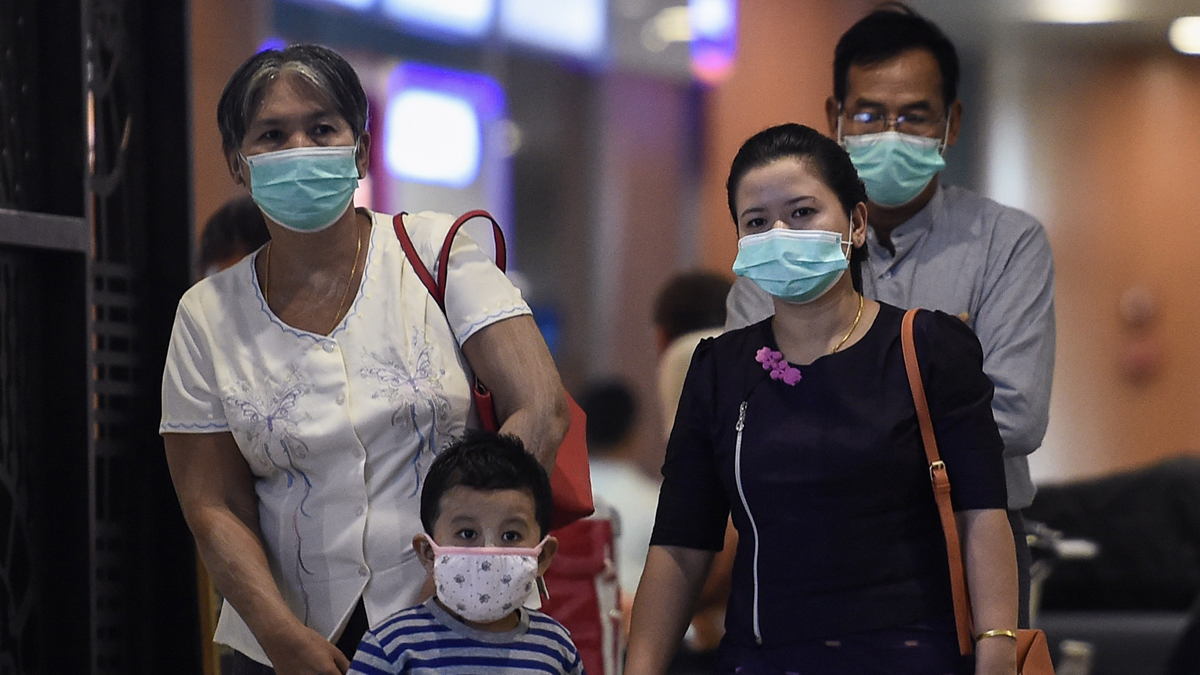The new coronavirus is spreading quickly, with two cases in New Jersey and two in Pennsylvania. There may not be a treatment yet, but there are things you can do to prepare.
DO: Wash Your Hands Frequently
The new virus is named SARS-CoV-2, and it is part of a family of viruses called coronaviruses. It can cause a rapidly spreading disease called COVID-19. But preventing it -- and many other communicable diseases -- is simple: wash your hands often. Spend at least 20 seconds thoroughly scrubbing your hands together with soap and water, the CDC advised.
Wash your hands after going to the bathroom, before and after eating, and after blowing your nose, coughing or sneezing.
If you are out and about and you don't have access to soap and water, use an alcohol-based hand sanitizer that has at least 60% alcohol, which can kill the virus.
Having trouble finding hand sanitizer at the store? It's possible to make your own hand sanitizer.
DON'T: Stockpile Face Masks
The CDC says people without symptoms should not wear face masks.
Surgical masks should be reserved for people who exhibit symptoms (to prevent them from spreading the virus through respiratory secretions such as saliva or mucus) and for healthcare professionals who are taking care of sick people.
Regular surgical face masks are not effective in protecting against the Coronavirus, according to the CDC. A more specialized face mask, known as a N95 respirator, is thicker than a surgical mask and is fitted to a person’s face to keep out any viral particles.
But don't stockpile N95 respirators, either. As the CDC said, they aren't necessary. And other people do need those masks, including contractors and painters who use them to protect against dust and inhaled particles.
DO: Avoid Contact With Those Who Are Sick
Symptoms of COVID-19 are similar to other respiratory diseases. They include fever, cough and shortness of breath. The CDC's recommendation to anyone with symptoms is to stay home and avoid contact with others.
You should contact your healthcare provider if you develop symptoms and have been in close contact (at least 6 feet) with a person known to have COVID-19. You should also call a doctor if you have recently traveled from an area with widespread or ongoing community spread of the virus.
Currently, the countries with health notices and ongoing transmission are China, Iran, Italy, South Korea and Japan, though in the United States clusters of transmission have been reported in Washington state and California.
The CDC says you shouldn't share items such as dishes, cups, eating utensils, towels or bedding with other people or pets in your home. If unavoidable, the items should be cleaned with soap and water. Surfaces such as counters, doorknobs, phones and keyboards should also be cleaned frequently.
DON'T: Assume Viruses Are Only Associated with Certain Areas
While COVID-19's epicenter is in Wuhan, China, the disease can make anyone sick, the CDC said.
Local businesses in Chinatown say that they have seen a large drop-off in sales because people are afraid to go there. In February, Mayor Kenney had lunch in Chinatown to show everyone that the area is safe.
"Stigma hurts everyone by creating more fear or anger towards ordinary people instead of the disease that is causing the problem," the CDC said.
DO: Store Supplies, Medicines and Keep Medical Records Handy
The Department of Homeland Security suggests everyone get prepared by stocking up on medicine and supplies for you and family members. Pain relievers, cough and cold medicines, medicine for upset stomachs and fluids that contain electrolytes are good to keep on hand.
People with prescription medicines should also make sure they have enough regular supply. Having copies and electronic versions of your health records can also be useful in a pandemic, DHS says.
If there's ever an interruption in the supply chain, the American Red Cross recommends having at least 2 weeks worth of nonperishable food and bottled water in a survival kit.





